Newspoll reveals support for Indigenous voice to parliament stalls amid uncertainty
Backing for an Indigenous voice to parliament is slipping amid debate over whether it should be able to advise the executive government as well as parliament.
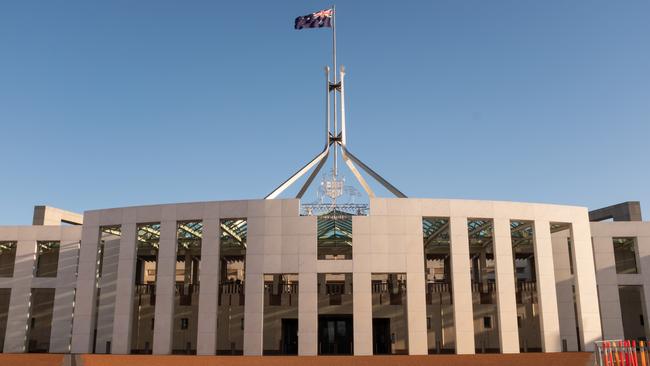
Support for an Indigenous voice to parliament is slipping, with the near universal backing among younger voters and Labor supporters falling since February, amid debate over whether it should be able to advise the executive government as well as parliament.
An exclusive Newspoll conducted for The Australian to test the level of community support among voters showed a narrow majority still support changing the Constitution to enshrine an Aboriginal and Torres Strait Islander voice to parliament.
However, this has fallen from 56 per cent at the start of the year to 53 per cent in the latest survey.
The poll comes as the Coalition moved on Monday to oppose the government’s referendum machinery provisions needed for the voice referendum to progress, saying it would not back the bill unless “reasonable changes” were made to fund Yes and No campaigns.
Government sources said it would not budge from its position of no public funding for either side.
A $9.5m civics education program to provide “facts on the voice” was also established via government regulation on Monday but Labor insisted it would be a neutral campaign and not a promotion of the Yes case.
The results of the special Newspoll suggest the trend was heading in the wrong direction for the Yes campaign and any momentum the government had hoped to build for a yes vote had stalled.
However, at the same time, the total vote for those against the proposal rose only a point to 38 per cent, suggesting that rather than views hardening against the voice, there had been a decrease in the number of voters now strongly supportive and an increase of those now unsure about which way they would vote.
Those saying they were strongly in favour of the proposal fell from 28 per cent in February to 25 per cent in the latest poll.
This was driven by a decline in Coalition voters who said they were strongly in favour last time – from 13 per cent down to 10 per cent.
However, among the total number of voters either strongly or partly in favour, the largest decreases since February were among women, Labor voters and the younger demographics.
Among those aged 18-34, support fell from 70 per cent at the start of February – when Newspoll first asked this question of voters – to 64 per cent in the most recent survey.
This group still remains the strongest demographic in favour of the voice. However, it appeared to be offset in a sharp decline in the number of older voters saying they were against the voice.
A total of 57 per cent of over-65s said they were opposed in early February.
This number has fallen markedly to 48 per cent now, with a two-point rise among those supportive to 42 per cent.
Women voters in favour also fell from 60 per cent to 54 per cent while support among men dropped from 53 per cent to 50 per cent.
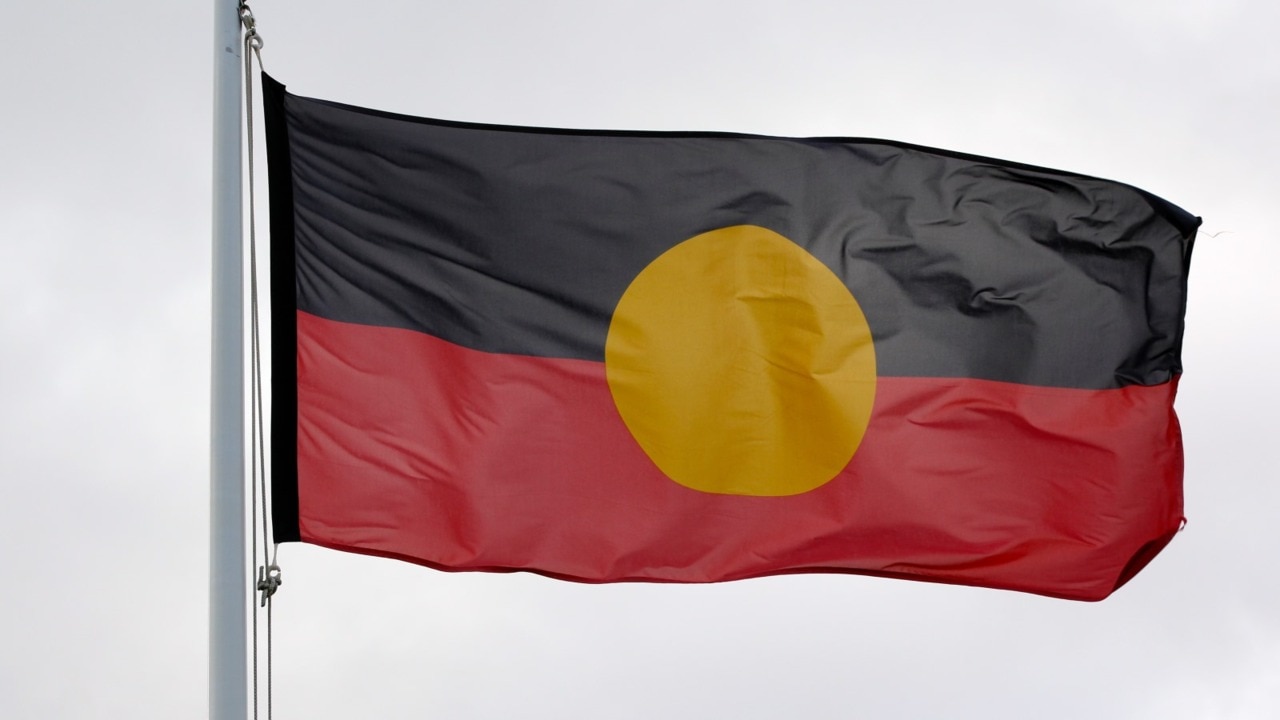
When divided along party lines, the level of support among Labor voters dropped from 74 per cent to 68 per cent.
The number of Labor voters against the voice rose three points to 21 per cent while there was a three-point rise to 11 per cent of those Labor voters sitting on the fence.
Movement among Coalition voters saw the number in favour falling by just two points to 35 per cent.
The government has the numbers in the Senate to pass its referendum machinery provisions without the Coalition’s support, after the Greens, Jacqui Lambie Network and ACT independent senator David Pocock indicated they would pass the bill.
While it is expected the Coalition will oppose the bill in the lower house, some Liberal MPs remain hopeful the government will accept amendments to establish Yes and No campaign entities and provide equal funding for both before a vote in the Senate.
Opposition Treasury spokesman Angus Taylor said official campaign entities would help the Australian Electoral Commission and Department of Finance monitor organisations campaigning in the referendum and enforce proper process around donations and foreign interference.
Indigenous Australians Minister Linda Burney urged the Coalition to “meet us halfway” and support the legislation, after the government made a “significant concession” by agreeing to having Yes and No pamphlets.
The Greens and Senator Pocock said there must be independent oversight of the pamphlet, expected to include 2000 words in favour of the constitutional change and 2000 words against.
The Newspoll of 1530 voters across the country was conducted between March 1 and March 4.

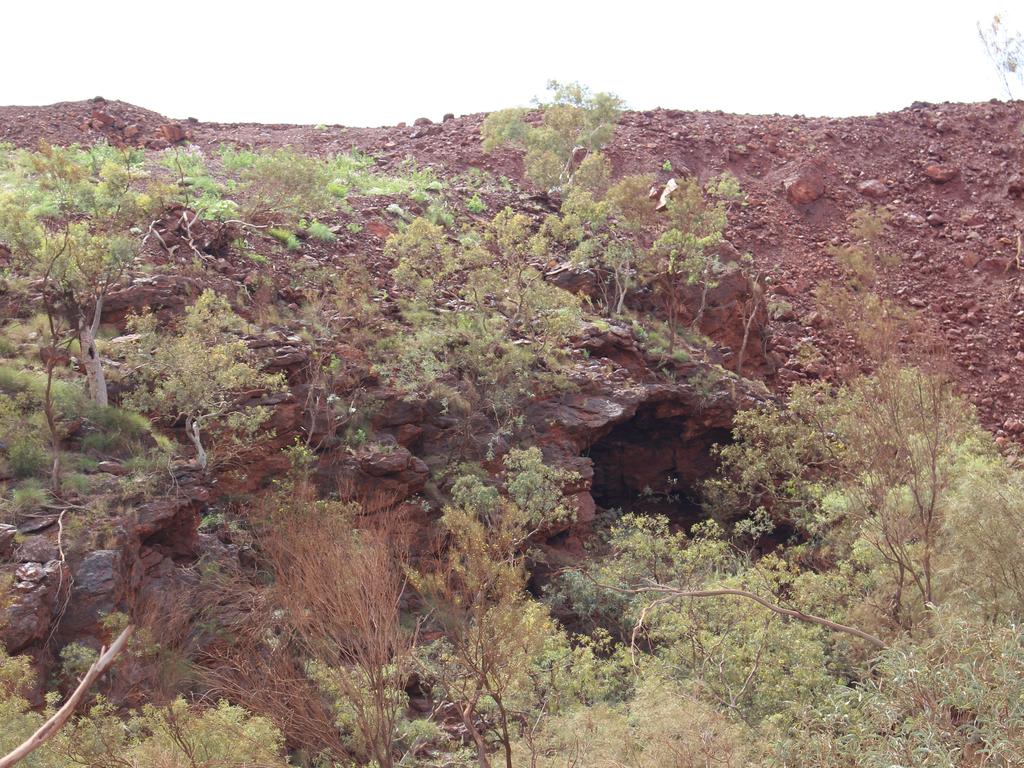
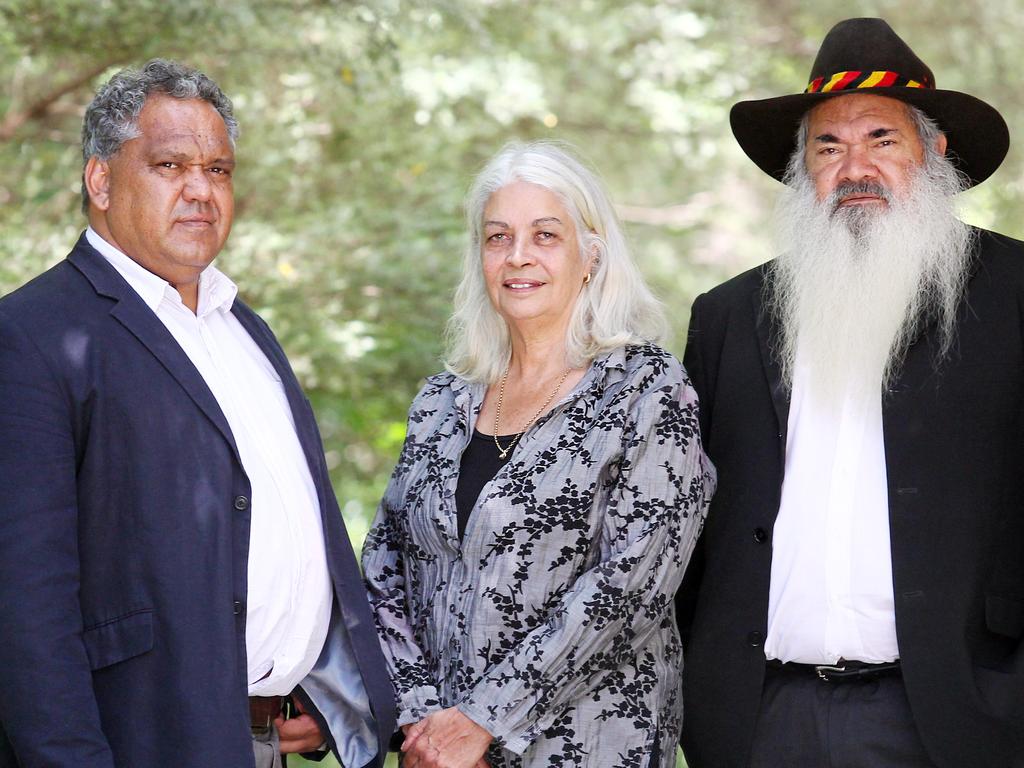
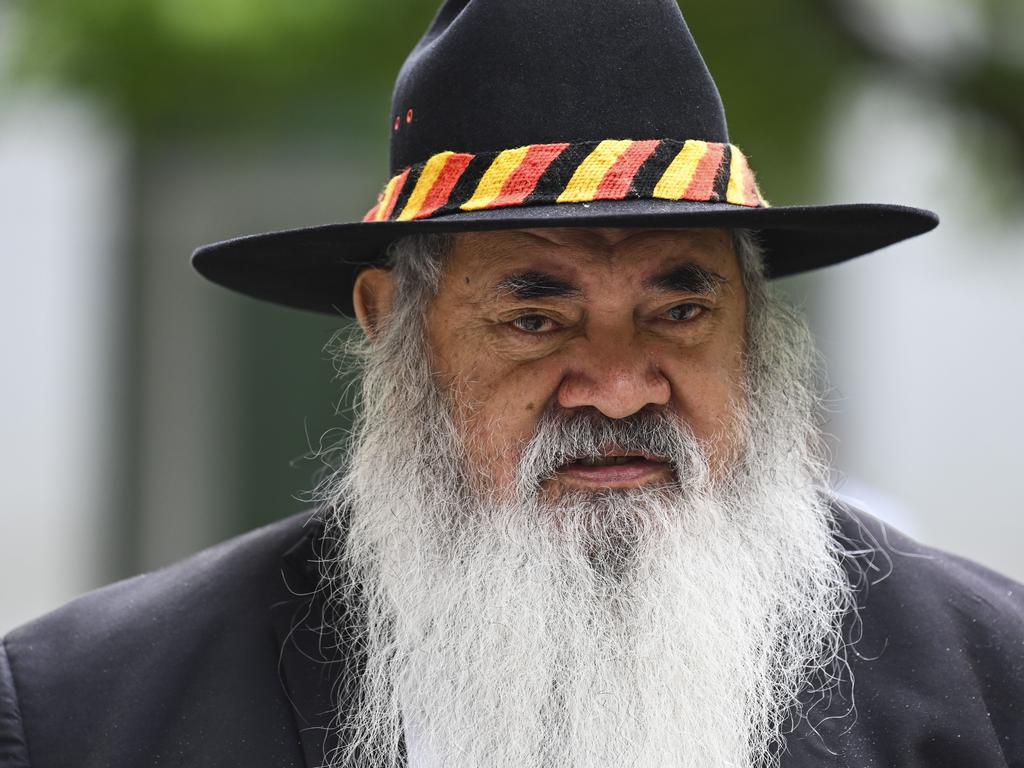

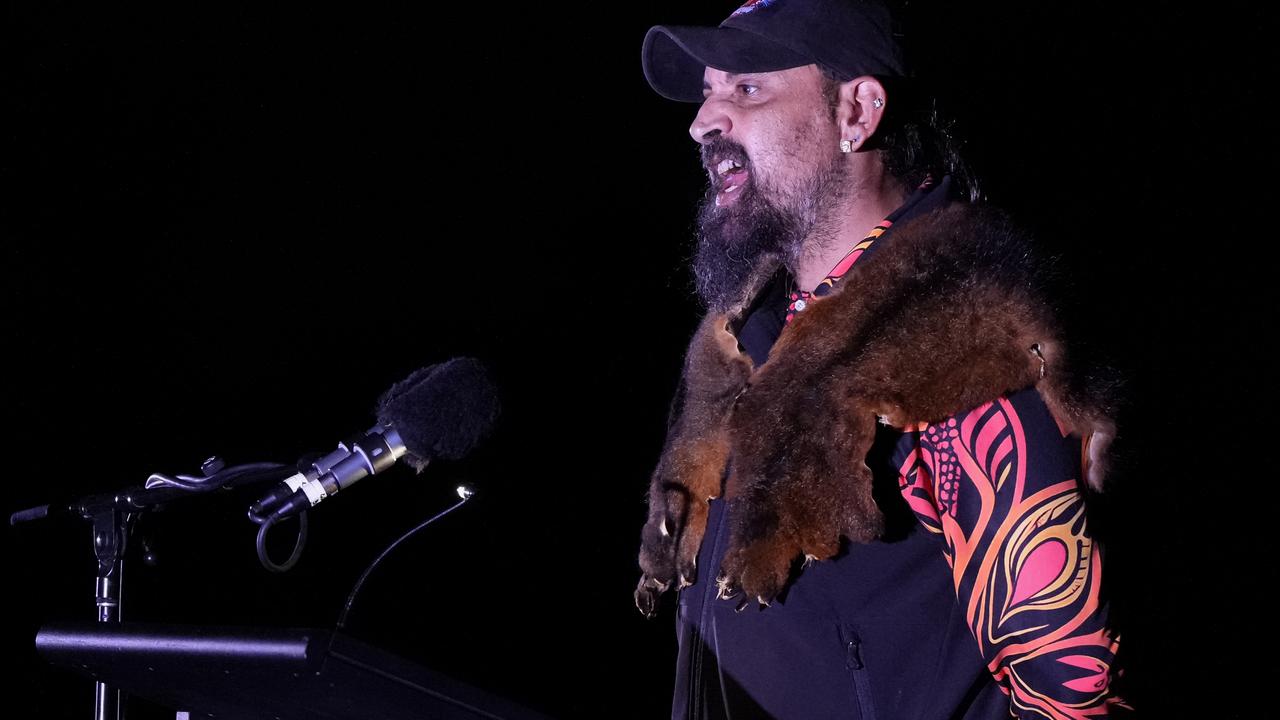
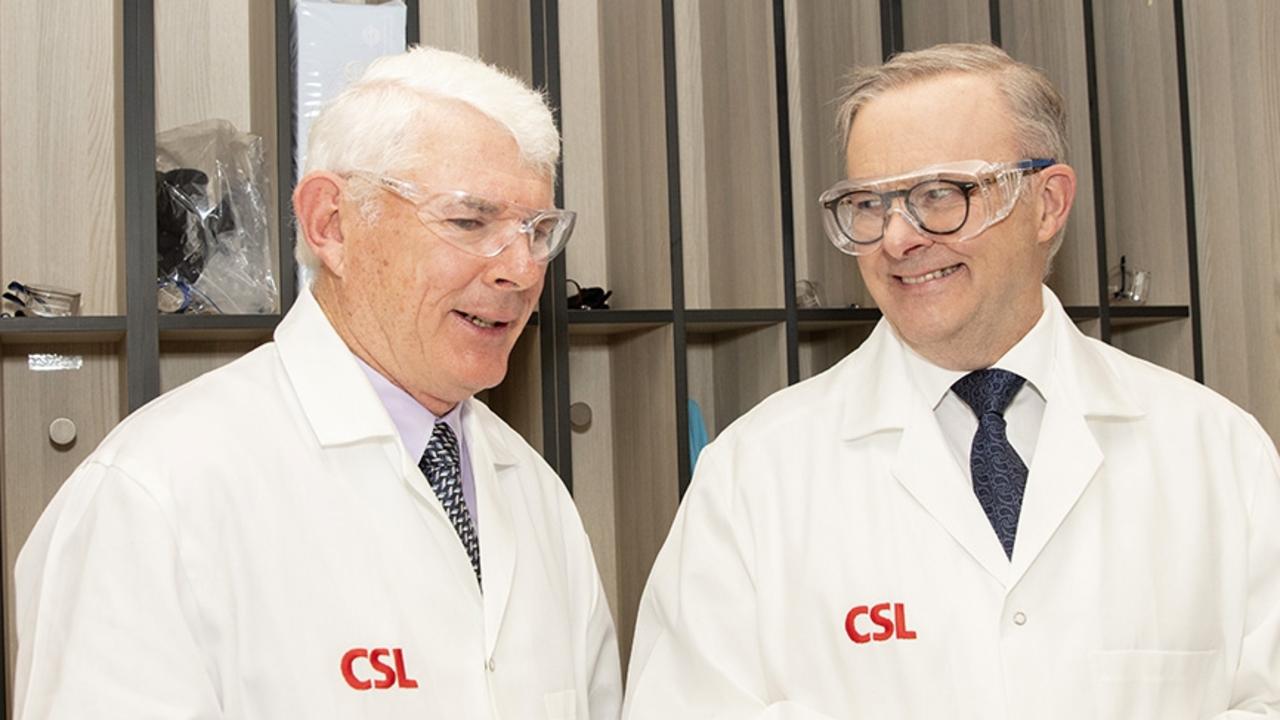
To join the conversation, please log in. Don't have an account? Register
Join the conversation, you are commenting as Logout